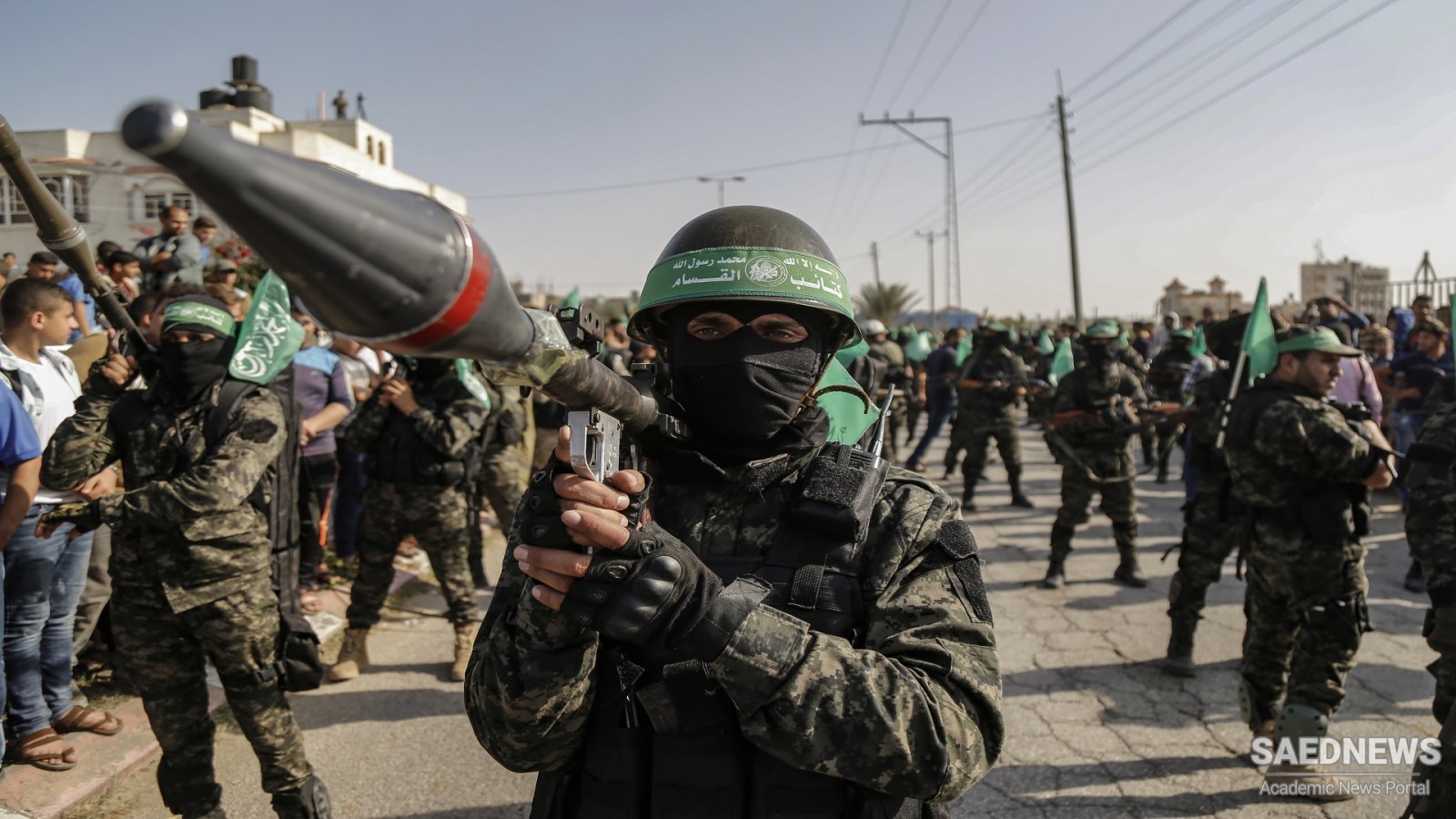The first use of this tactic was in 1994, in retaliation for a massacre of Palestinians praying in a mosque in the Palestinian city of Hebron. A fanatical Jewish settler opened machine gun fire upon the worshippers, killing 29 and injuring many more. Hamas vowed to revenge these killings, and so it did. Since then all and each of Hamas’s vicious attacks against Israeli civilians have been directly linked to specific Israeli atrocities against Palestinian civilians.
Although no more brutal than what the Israelis have been doing to Palestinians for decades, the suicide attacks have damaged the reputation of both Hamas and the Palestinians worldwide. Hamas’s justification for conducting these kinds of operation has many grounds. First, it says that these operations are the exception to the rule and only driven by the need to retaliate. It is an ‘eye for an eye’ policy in response to the continual killing of Palestinian civilians by the Israeli army. Second, Hamas says that it keeps extending an offer to Israel by which civilians on both sides would be spared from being targeted, but Israel has never accepted this offer. Third, Hamas leaders say that Israeli society as a whole should pay the price of the occupation of the West Bank and Gaza Strip, just as much as Palestinian society is paying the price for that occupation: fear and suffering should be felt on both sides.
At the socio-cultural level, Hamas has had mixed fortunes. Its grassroots social work in helping the poor and supporting hundreds of thousands of Palestinians has been admired and praised. This sustained work, which has been marked by competence and dedicated sincerity, has bestowed on the movement a high level of popularity. At election times this has paid off considerably. Combined with its military and confrontational action against Israel, Hamas has been functioning on several fronts at the same time, and this has not failed to impress the Palestinians.
However, many secular Palestinians have feared that Hamas has been indirectly, if incrementally, transforming the cultural and social fabric of Palestinian society. Hamas has seemingly exploited its socio-political capital and popularity to advance its cultural and religious agenda. Although there have been only a few occasions when Hamas members have attempted to impose certain religious morals on society, and these cannot really be described as a phenomenon, they have been enough to create anxiety among more secular Palestinians. Many Palestinians support the nationalist/liberationalist and social work of Hamas, but not its religious ideal. Hamas purposefully overlooks this fact, and instead considers any vote for its political agenda as a vote for its religious one too.


 Hamas the Story of Resistance and Hope
Hamas the Story of Resistance and Hope














































